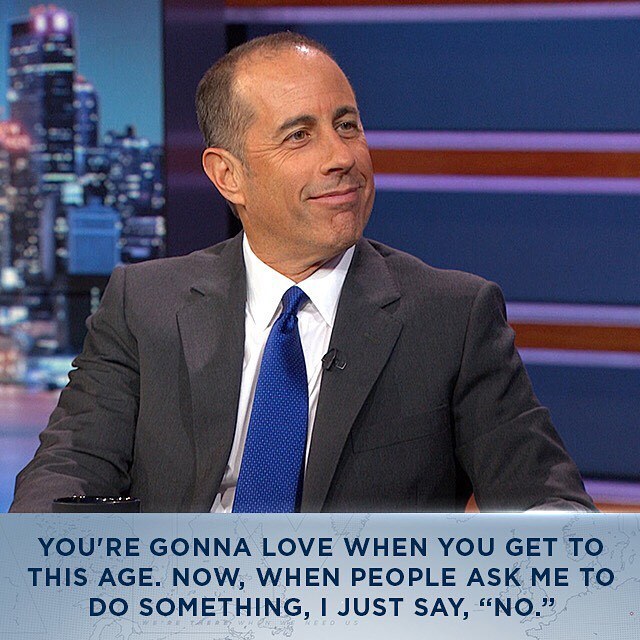Getting older is a process of getting lonelier and lonelier until, at the end, you are completely solitary, and then you are officially dead.When national columnist and frequent essayist Ian Brown turned 60, he decided to keep a journal for a year, recording his thoughts on aging and what, in particular, made entering his seventh decade feel like the beginning of the end (or is that the end of the beginning?). As a subscriber to a rival newspaper, I hadn't read anything by Brown before, and I was pleased to discover that I really enjoyed his voice: with plenty of snark and self-deprecating humour, there were nice turns of phrase on nearly every page; I was certainly never bored by the writing. On the other hand, this is a very masculine book, and although the experiences of aging and gradually approaching natural death are (hopefully) in the cards for all of us, Sixty doesn't quite come off as the universal struggle; but that's okay, too.
What Sixty most reminds me of is Joan Didion's The Year of Magical Thinking, and probably for good reason: in each case, an author was looking to the literature for what others have written on something they were trying to process (for Brown it was aging, for Didion, grief), and finding the canon lacking, they wrote their own guide for others. In each case, there is much quoting from what little others have had to say before, and much autobiographical information to shore up their discoveries. All good stuff. I do wonder, though, just how short Sixty would have been without long passages quoted from poetry and writers like David Foster Wallace and Karl Ove Knausgård; the sporadic medical information that Brown shares could get a little dull; much of it felt like padding.
Like I said, this is a very masculine book, and at the risk of having Brown whip out his willy “to prove (he) still has one”, I can't tell if his sexed-up mind is typical or not: do all sixty-year-old men habitually size up every woman they meet as a potential sex partner? Do they all size up every man they meet, comparing relative age and physique and hair loss? If this all felt so very adolescent to me, does that simply prove that Brown is doing a service to hexagenarian men everywhere by making sure we women know they're not simply neutered and grandfatherly codgers? I couldn't personally identify with all this but acknowledge its usefulness to those who might.
There's an overall vibe that Brown isn't completely happy with what looks like an enviable life; full of professional success, travel, adventure, and time with good friends. He writes frequently of fights with his wife, but also of the happiness he finds in his family. I'm sure I'm not the only reader who would marvel that Brown worries constantly about money and how he'll afford to retire, yet still pays $95 for haircuts and $17 for takeout salads at lunch. If nothing else, this feels like an honest story, warts – a hemorrhoid named George – and all.
The specifics of a single person's life are always arguing against the impersonality and generality of the larger world – the existential smack-down between seeing and feeling and hearing and smelling and touching and being, and therefore aching, on the one hand, and the total extinction that lies on the other side of the river, when you're dead.
By coincidence -- and my life is nothing if not a series of linked up coincidences -- I caught Jerry Seinfeld recently on The Daily Show, and he was saying that he loves being 61.
I was also thinking about Camilla Gibb: both Gibb and Brown are finalists for the 2016 RBC Taylor Prize, and Gibb said in her book that it was Ian Brown who had encouraged her to write out her experiences when she found her life to be overwhelming. After saying in Sixty that he wanted to punch anyone in the face who thought he couldn't write another award-winning book after The Boy in the Moon, how weird it must be for these two to be up against one another this year. I give the edge to Gibb so far (one more finalist for me to read at this point).
2016 RBC Taylor Prize Nominees
• Sixty: The Beginning of the End, or the End of the Beginning? by Ian Brown
• This Is Happy by Camilla Gibb
• Dispatches from the Front: Matthew Halton, Canada's Voice at War by David Halton
• The Reason You Walk by Wab Kinew
• Stalin's Daughter: The Extraordinary and Tumultuous Life of Svetlana Alliluyeva by Rosemary Sullivan
• This Is Happy by Camilla Gibb
• Dispatches from the Front: Matthew Halton, Canada's Voice at War by David Halton
• The Reason You Walk by Wab Kinew
• Stalin's Daughter: The Extraordinary and Tumultuous Life of Svetlana Alliluyeva by Rosemary Sullivan
*Won by Stalin's Daughter.
*****


